Wolverhampton vs Walsall - who does it better?
City versus town, yellow and gold vs red and white, wolf vs swift, we ask the most important question, Wolverhampton or Walsall, who is better?
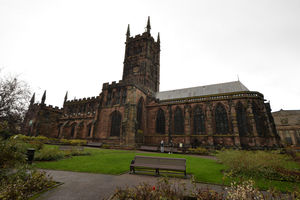
Walsall and Wolverhampton have been friendly rivals for as long as there has been light in the day.
The two historic boroughs are home to a number of the most important sites, down-to-earth residents and welcoming communities that the West Midlands has to offer.
However, both areas have their ups and downs.
So, with this in mind, Express and Star reporters James Vukmirovic and Daniel Walton, who both hail from Wolverhampton and Walsall respectively, compare their home boroughs to finally decide which is superior.
Trainee Multi-Media Reporter Daniel Walton says:
Walsall is an area that is steeped in history and national importance.
Historically the area has played a central role in the industry sector of the West Midlands, the wider UK and the world.
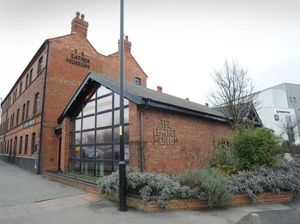
Through its coal works in Brownhills, or its leather factories in central Walsall, the area was a titan of industry during the Industrial Revolution in Britain and is still respected for its importance in saddle-making for the Royal Family.
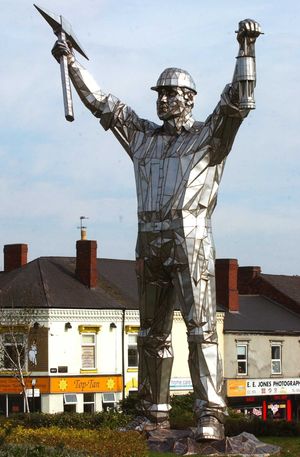
Even so far as to name a whole shopping centre after the art of saddle making, the Saddlers Shopping Centre.
Like leather, while the area may seem dilapidated and rough on the surface, deeper down we are soft, malleable and resilient.
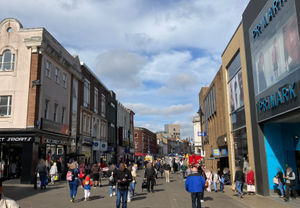
Walsall, like many areas in the Black Country, thrives on the backbone of multiculturism.
The area received a large influx of Jamaican workers during the Windrush era in the 40s and 70s, with many coming immigrants to live and thrive in the Walsall community and help develop the region for years to come.
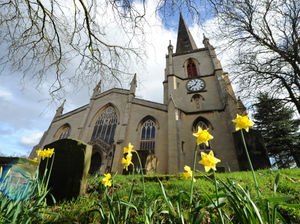
Our proud Windrush generation operated on the buses worked in mines, supported the NHS and constructed buildings, playing an important part in the development of the area - and we couldn't be prouder of our multicultural history.
In recent years the area has been hit with a number of high-profile crime incidents, from horrible stabbings and fatal shootings to incidents with terrorism, however, walking around the streets, you will always hear the residents not complacent, we detest crime and we always show support when our local policing groups get involved.
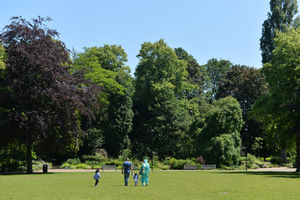
A historically proud people, we miss the parts of our area that are now gone or dwindling, Walsall Market, the Arboretum Illuminations and even our much-loved Woolworths, and we want them all back!

While I may not always love Walsall, I'm always proud of the historical importance we Walsallians had on the Black Country, the UK and the world.
Senior Reporter James Vukmirovic says:
There are times with this sort of piece where it can come come to childish comments and one upping each other.
I could take the low road and denigrate Walsall, but I would much prefer to big up my home city, a place I have live since 1985 and which I have made my home and, since I started at the Express & Star, my place of work.
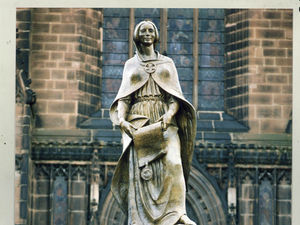
The city has history which dates back to the 10th century when Lady Wulfruna was granted a charter by King Æthelred the Unready to found a settlement in 986, which was called Heantun.
Since then, Wolverhampton has been at the heart of the woollen trade and the industrial revolution and was also chosen at the site for the famous Prince Albert statue (the 'man on the 'oss') in the centre of the city by Queen Victoria.
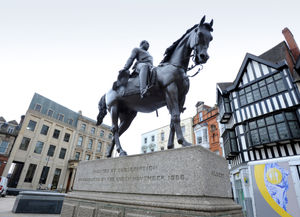
For a small city in the West Midlands, a staggeringly large number of famous people have either been born within the city walls or have become synonymous with the city.
From the four-time English champions Wolves, you could choose from Billy Wright, Steve Bull, Stan Cullis, Bert Williams, Jimmy Mullin or any of the great historical figures, while other sporting icons like cyclist Hugh Porter and Olympic gold medallist in Javelin Tessa Sanderson are proud Wulfrunians.
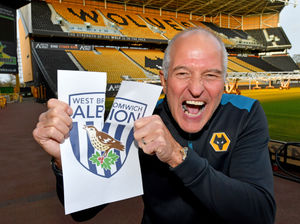
TV personalities such as Suzi Perry and Mark Rhodes come from the city, as do entertainers Nigel Bennett, Goldie, Frances Barber and Python Eric Idle, while you can't mention Wolverhampton without talking about Slade, with Dave Hill still living in the city and Noddy Holder a fond advocate for Wolverhampton.
The football club alone brings eyes on the city, having been the top club in the country for much of the 1950s and, inadvertently, kickstarting the European Cup following a 3-2 win over Hungarian champions Honved in 1954.

While it hasn't always been pretty, Wolves are still a club well thought of within English football for passionate fans and some great games over the years.
Actually, that phrase "While it hasn't always been pretty" fits Wolverhampton well as a whole. It's never been the most glamourous city and has carried a reputation over the years of being dirty, dull and dangerous, while also appearing in books about towns that are not exactly complementary.
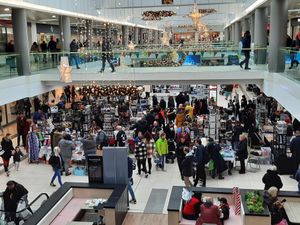
To that, I say that unless you live here and actually breathe in all that's good about it, you don't get the right to say anything bad about my home.

We have a university which has become a leader in many areas, a place where conferences take place and which has a vibrant student night life, while the college is expanding and building a new campus right in the heart of the city centre.
It is also a hub for entertainment, with top bands and performers queuing up to play at the Halls and Grand Theatre, while there are pubs and nightspots for everyone, Michelin-rated restaurants and history and culture wherever you walk, from St Peters Church to the Art Gallery.
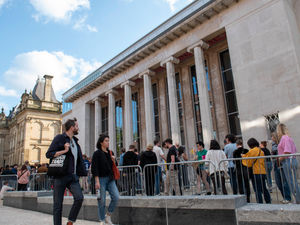
I have live here since I was three-years-old and as I enter my 40th year here, I still love Wolverhampton, all its foibles and oddities, and will always tout it as a place to be and a city to visit.





